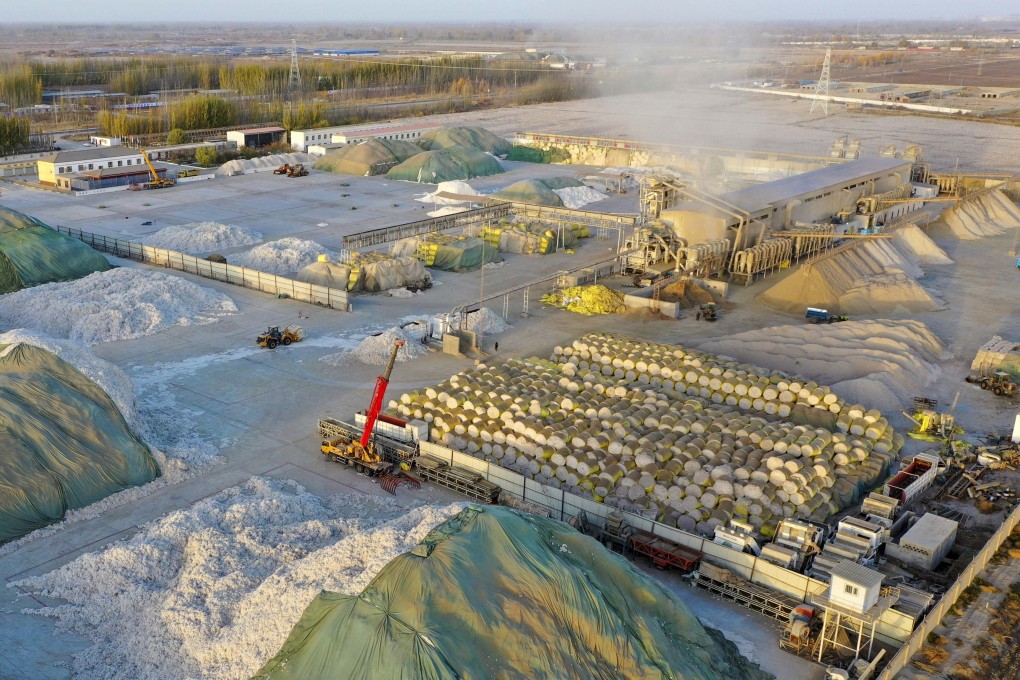China cotton production set to grow in 2022 as Xinjiang offsets drought-hit Yangtze River region
- Total cotton production in China is expected to reach 6.138 million tonnes in 2022, which would represent a 5.8 per cent year on year increase
- Some 5.634 million tonnes is expected to be produced in Xinjiang, although demand has weakened, while the US’ Uygur Forced Labour Prevention Act has hurt the market

China’s total cotton production this year is expected to increase by 5.8 per cent year on year, despite a significant drop in production in the drought-hit Yangtze River region, according to an industry report.
Total cotton production nationwide is expected to reach 6.138 million tonnes in 2022, of which 5.634 million tonnes is expected to be produced in the Xinjiang Uygur autonomous region, according to the China Cotton Market Monitoring System report.
The survey was conducted nationwide from late October to early November by China’s Ministry of Agriculture and the China National Cotton Reserves Corporation.
Northwest China’s Gansu province and Xinjiang are set to see cotton production increase by 22.8 per cent and 7.2 per cent year on year, respectively, the report added.
The Yellow River Basin in northern China is also expected to report a 7.1 per cent year on year decline to 308,000 tonnes following periodic droughts and heavy rain that hit cotton growth.